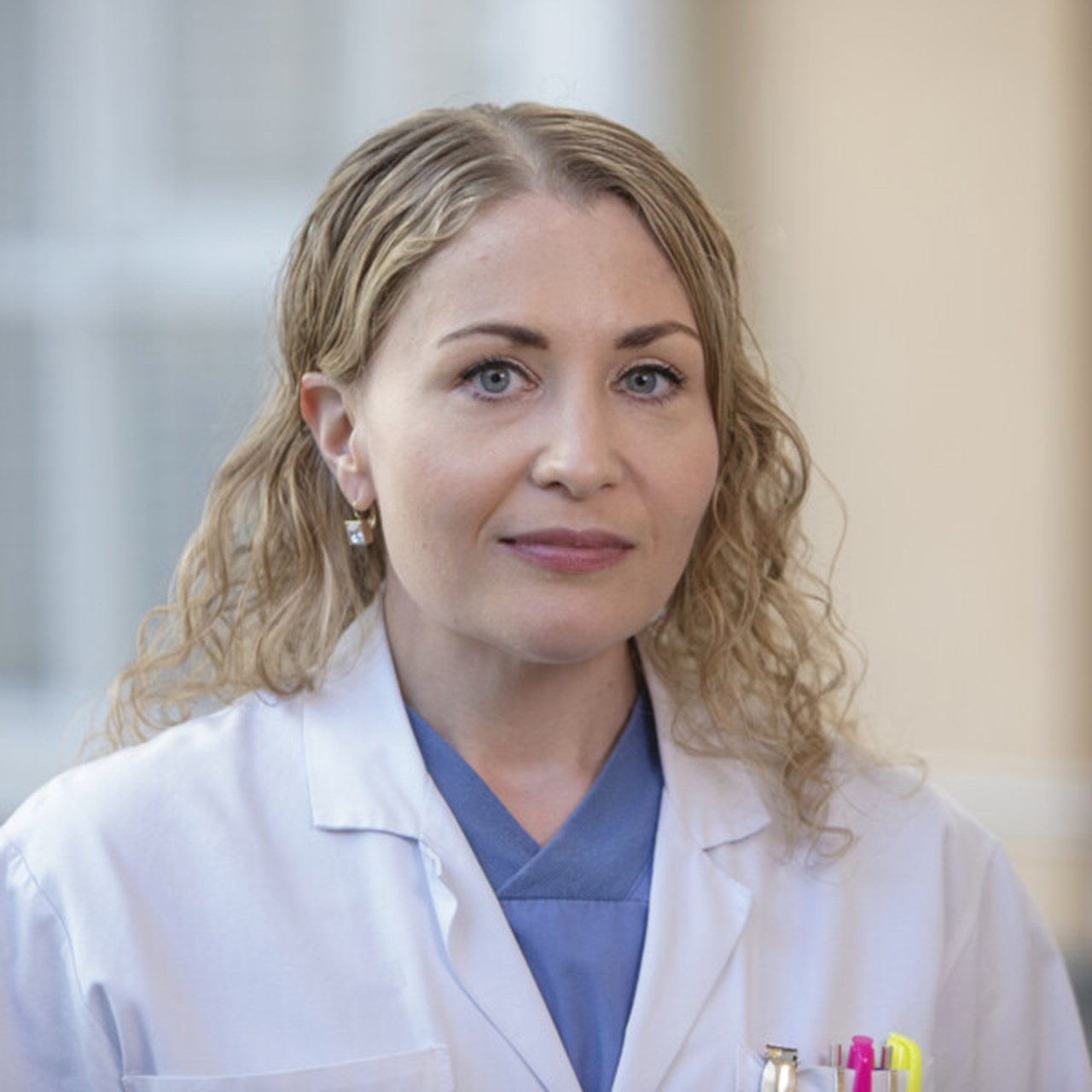
I believe in team thinking and collaboration
PROFILE From dreams of becoming an archaeologist and veterinarian, interest in natural science took over and led the way into medical school. In the spring of 2022, Hanna Nyström took her docentship in surgery, a merit that creates new opportunities in the academic world. A world where collaboration has proven to be the key to success.


